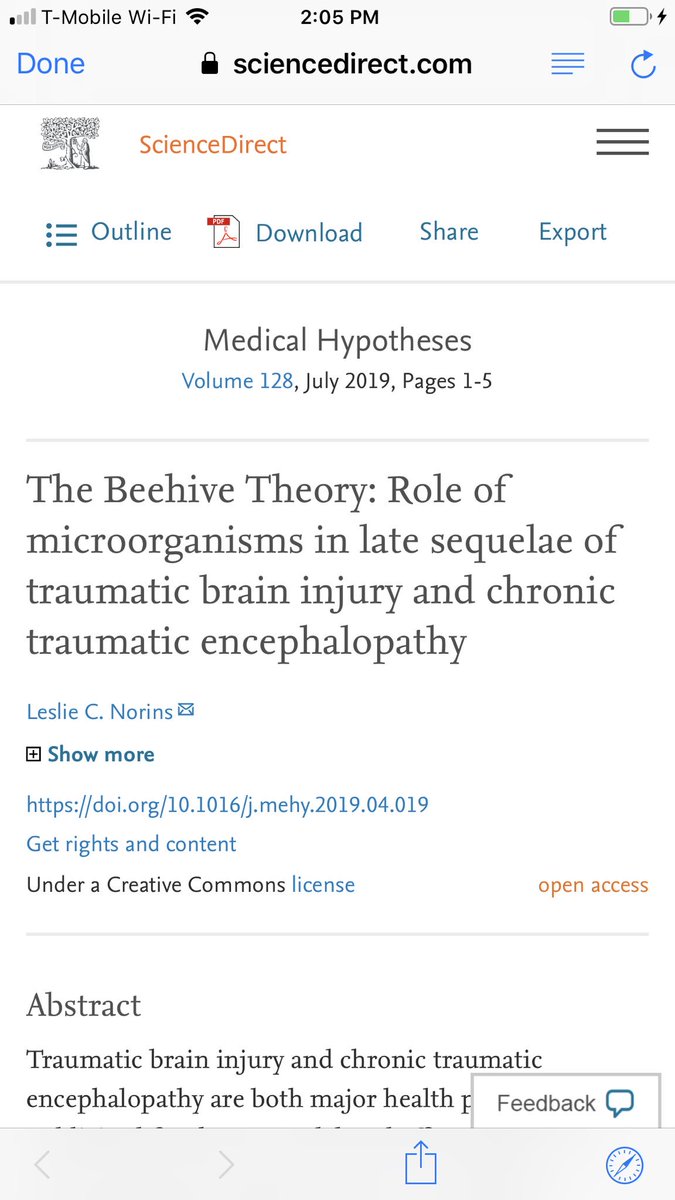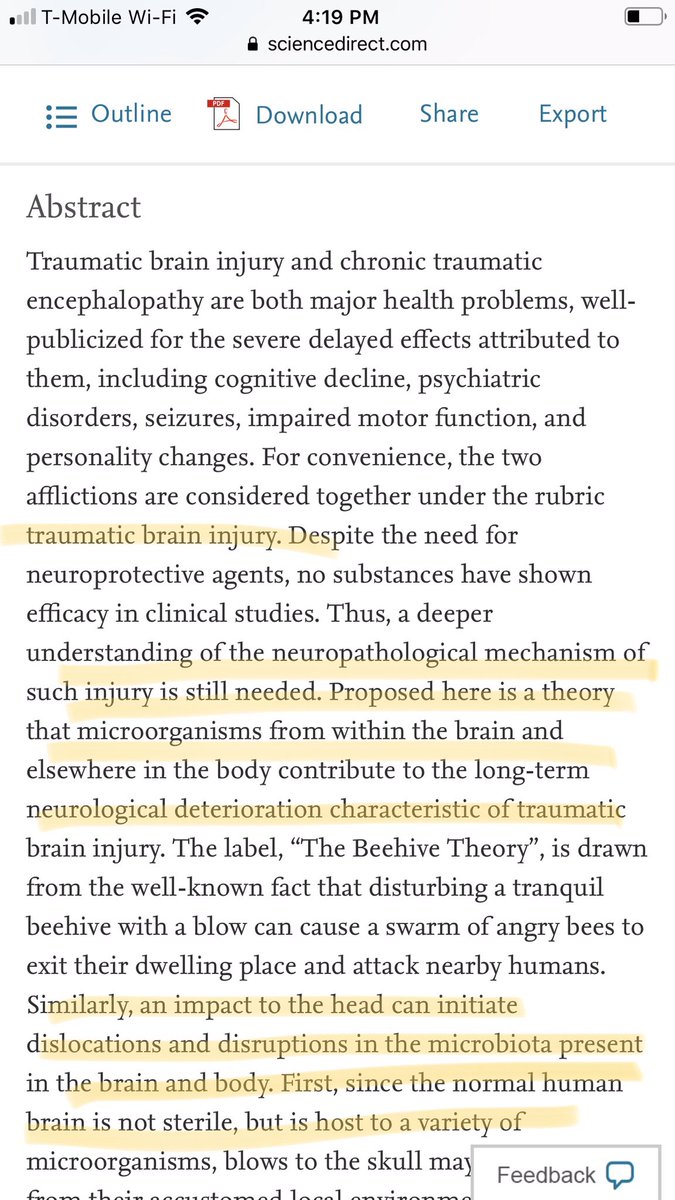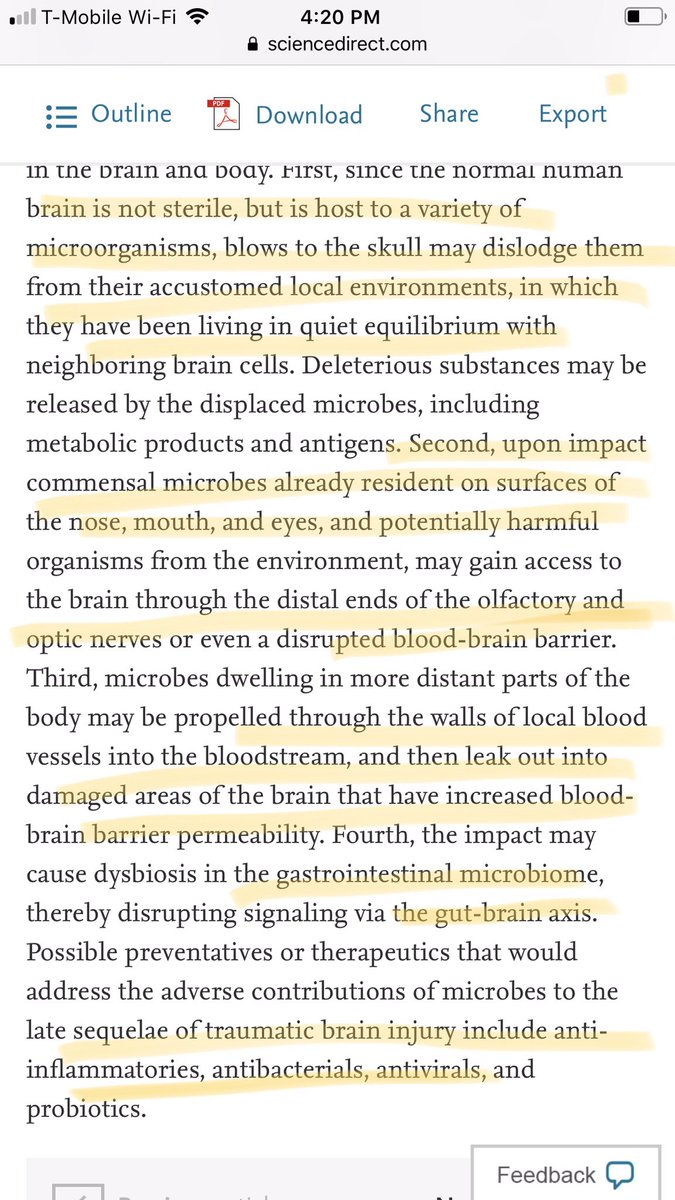Obviously this isn't a simple thing. Requires a thread of uncertain length, so [Cracks knuckles], here it is.
Music can stimulate all of this
onlinelibrary.wiley.com/doi/abs/10.100…
Music being a very rich form of communication means it can have a stronger positive impact.
Weirdly, the most effective music for concentration? Video game soundtracks.
theguardian.com/education/2016…
But that's an aside.
So there's two ways music is rewarding; rich communication, and quiets the stress-inducing brain bits
en.wikipedia.org/wiki/Syncopati…
Hard to define succinctly, but I've always thought of it as 'predictable randomness'. Yes that's a contradiction, but to explain...
books.google.co.uk/books?hl=en&lr…
theguardian.com/science/brain-…
The right mix of both can be very attractive and rewarding (hence Disney can afford to own half the planet at this point)
Too much, and it becomes jarring. To chaotic, no patterns, can't process the structure e.g. Free Jazz is often scorned
journals.plos.org/plosone/articl…
See also: conspiracy theories. Our brains just don't like randomness
Recent paper on this here royalsocietypublishing.org/doi/full/10.10…
cosmicshambles.com/words/blogs/de…
Music seems more about providing recognisable complexity, so familiarity is a more important aspect for pleasure
journals.plos.org/plosone/articl…
Comedian tells a familiar joke = Lazy. Head it! Booo!
Musician plays a song everyone knows = Yaaaaaaaayyyy!
And often the opposite is true for new jokes v new songs.
I'd argue that music goes even further. It's a much longer, deeper, richer form of communication than a quick joke, so stimulates more of the brain, via the methods discussed in this thread
And hence styles of music have such a strong impact on cultures and trends. Blues music. Punk. Metal. Rock. All way more influential than 'enjoyable noise' would suggest.
Also, @greg_jenner, I don't know exactly why that particular cord is so resonant to you, but here are some options:
Or, you recognise it as the point when this song 'gets going', so is tied to a great deal of anticipation and reward, packs more oomph, so to speak
nature.com/articles/nrn36…
Your developing brain means that's when your emotional reactions are at their most potent, so any music that stimulates them then is most influential on you and your brain
Sorry about the long thread, but it's a complex issue. And, you know, you did ask 😉
This loooong thread is my response. If you'd ever wondered this yourself, here's a possible explanation








